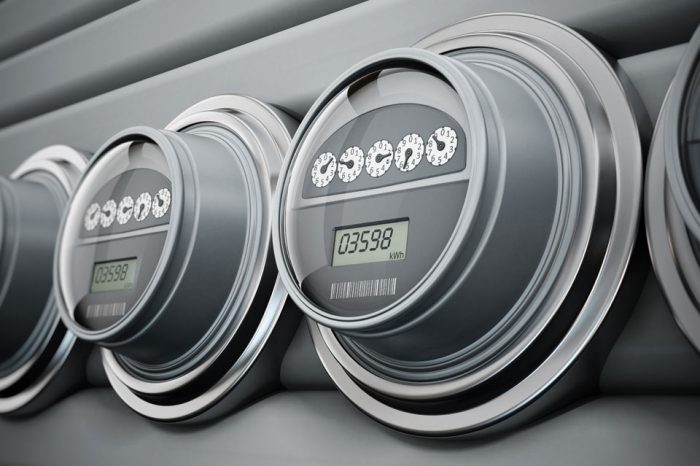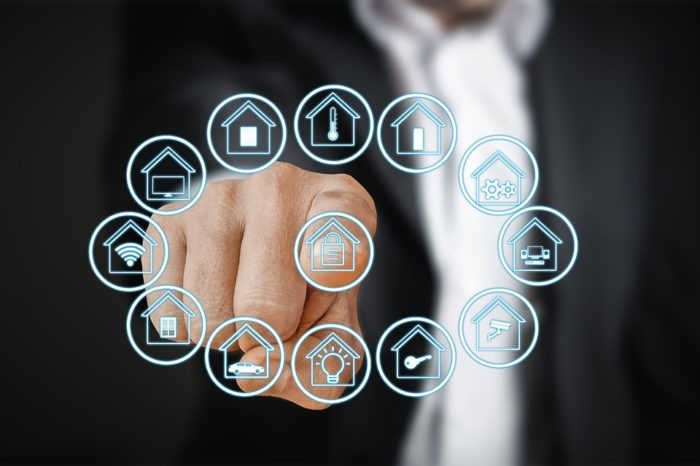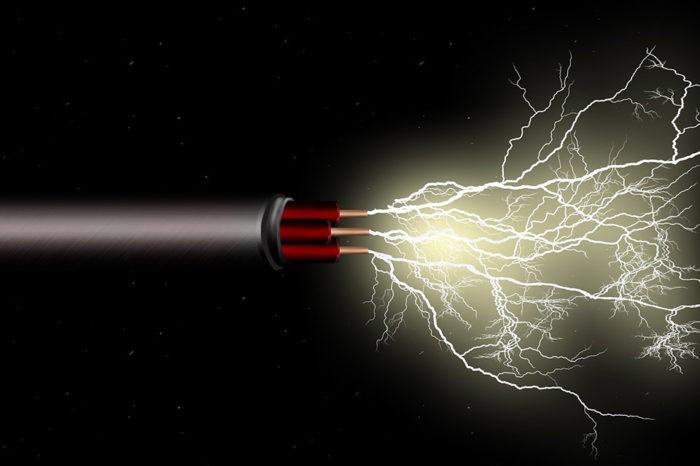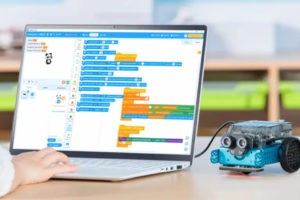Smart Meter Rollout: Why so unsmart?
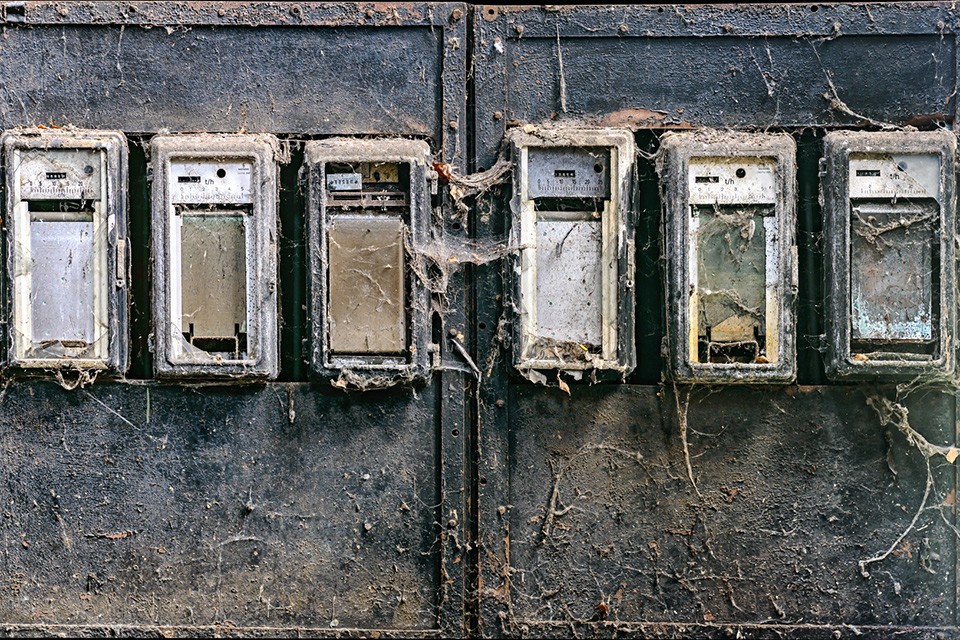
Good things take time. Really? Picture: AdobeStock, Vaceslav Romanov
The smart meter rollout is currently one of the dominant topics in the energy industry. The basic idea is simple: give consumers more information about your energy consumption, then they will behave more energy- and priceconsciously. The means to an end: the smart meter. But what came out of the further implementation is neither intelligent nor smart. What’s going on?
Today EVUs in Germany install either stupid digital meters without any (information) added value or a so-called “intelligent measuring system”. This, however, is expensive, over-regulated and connected with a bureaucratic overhead, which then also led to the simple idea taking almost ten years to roll out, which is still imminent.
As so often, well meant is not synonymous with well done. The conflict of objectives of providing end consumers with interesting information on electricity consumption and power guzzlers, of possibly realizing monthly bills based on actual consumption and of wanting to connect controllable loads in a sensitive infrastructure such as the power grid led to today’s rollout chaos. 80% of the market has nothing but higher costs from the smart meter rollout, the other 20% have manageable advantages to comparatively high costs. The good news is it doesn’t have to stay that way.
It is now undisputed that special care is required where consumers can be switched on and off in the electricity grid. Whether the intelligent measuring system, including the procedural requirements in production and logistics, is the right way for this should not be an issue here.
Stone Age technical solutions from a world without smartphones
However, it should be clear that in the age of the Internet of Things there can be better solutions than sending consumers to the basement with a flashlight to find out their electricity consumption three days ago. These solutions already exist on the market. Also from the Lemonbeat.
At the moment, however, the admissibility of these is a matter of preference. As observers, we can only hope that common sense will prevail and that solutions will be accepted in the energy industry that correspond to the state of the art, which has been common in the consumer goods industry for years.
What is irritating in the discussion, however, is the self-evidentness with which parts of the energy industry and the politics concerned with it act as if technical Stone Age solutions with bureaucratic pitfalls developed over years take place on a different planet than smart phones, smart homes and other digital product offers.
Consumers have long been accustomed to the mobile phone as a central control unit for almost every function in the personal area. And they simply expect to receive important information visualized in an app. All this, by the way, with product innovation cycles of a maximum of two years. It is possible to treat yourself to the luxury of discussing implementation details for years. But then nothing becomes – at least nothing successful. In this respect, industry meetings at which one congratulates oneself on the now really imminent rollout are rather bizarre. The first – including energy suppliers – are now leaving the business in a restless state. And what would happen around the business models of the measuring point operation only if one of the top dogs from the digital economy discovered the topic for himself?
In this sense, my plea to the energy industry is this: don’t just take a long look, but go into the field with really smart meters and performance based on them.
It won’t fail because of technology!



